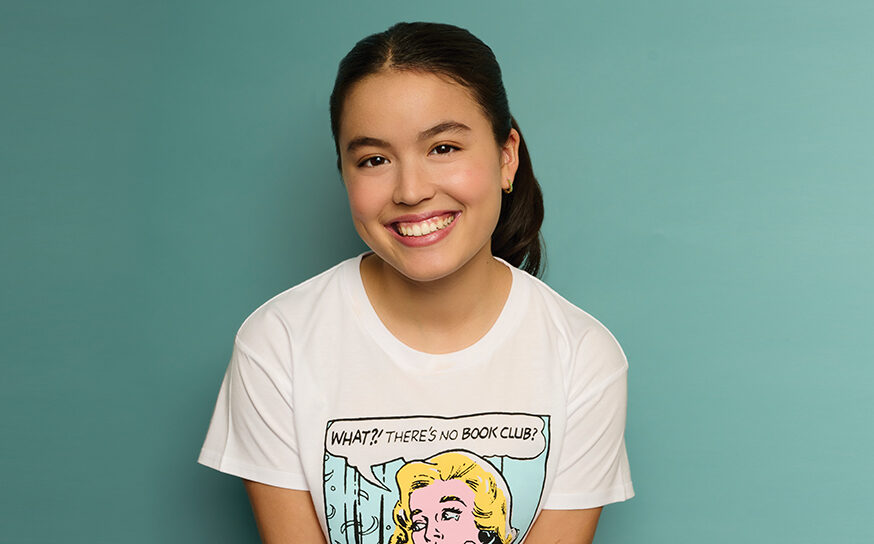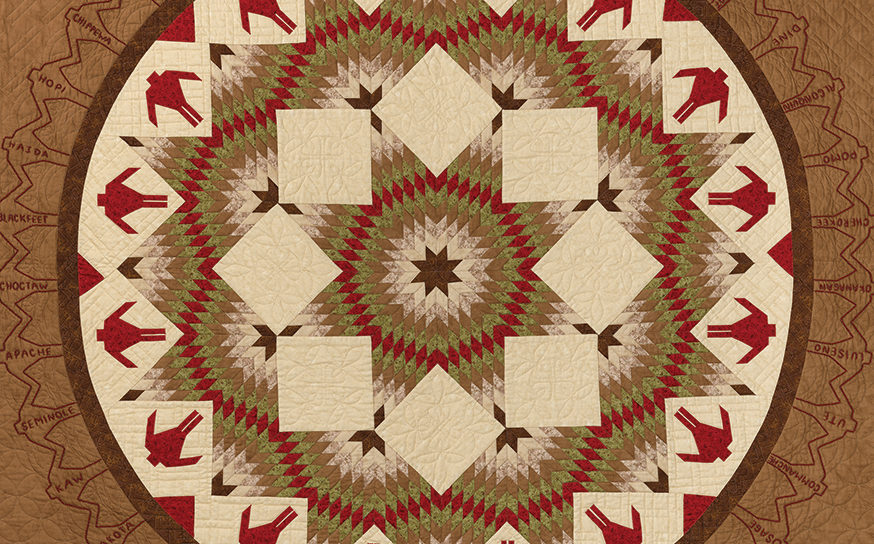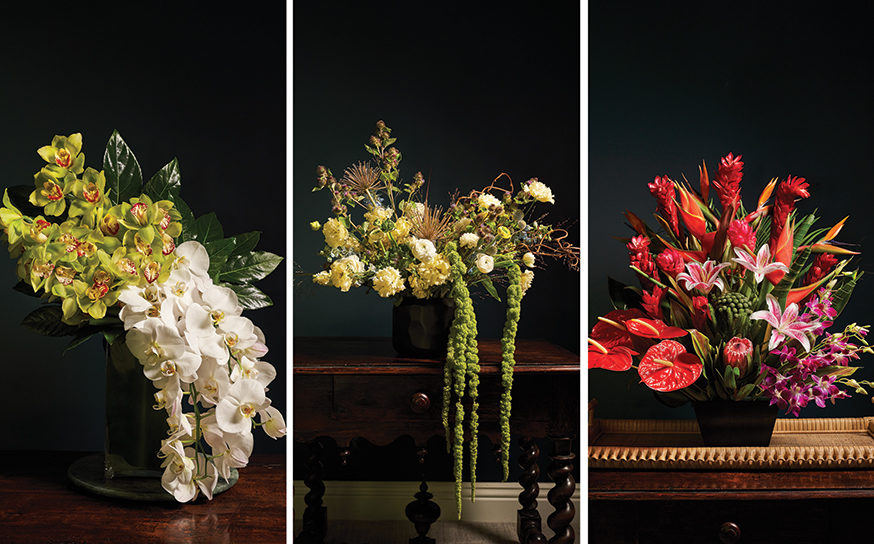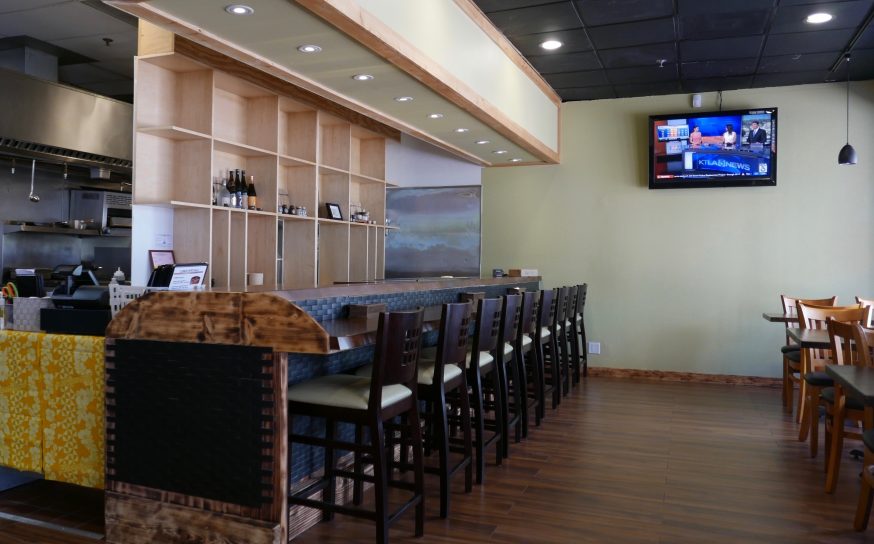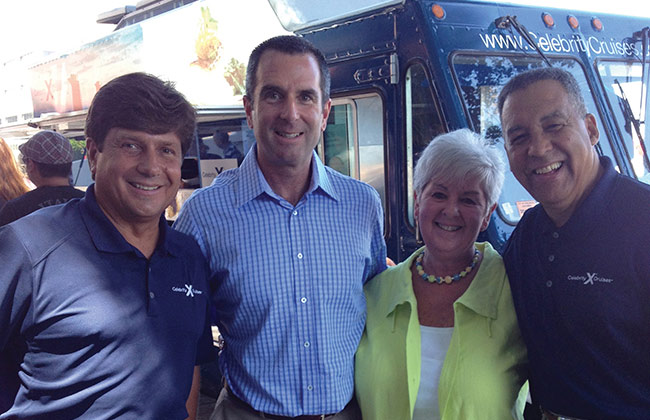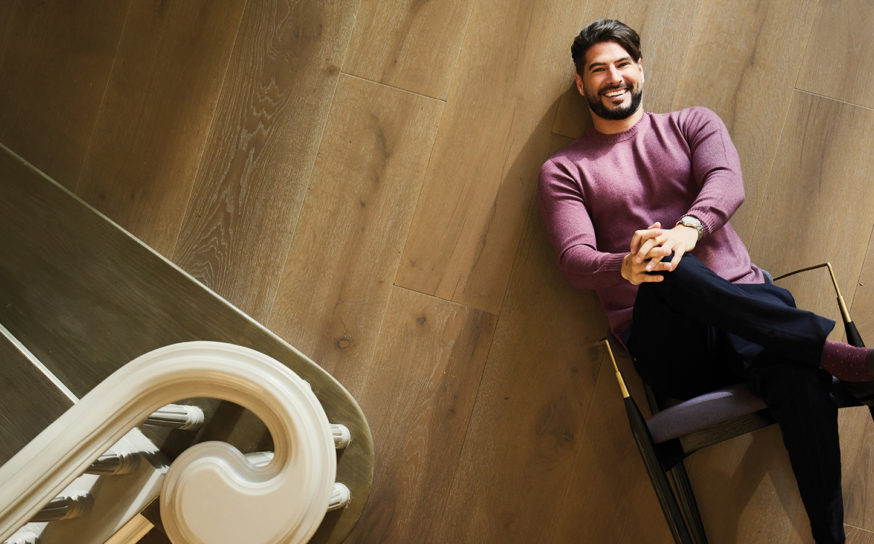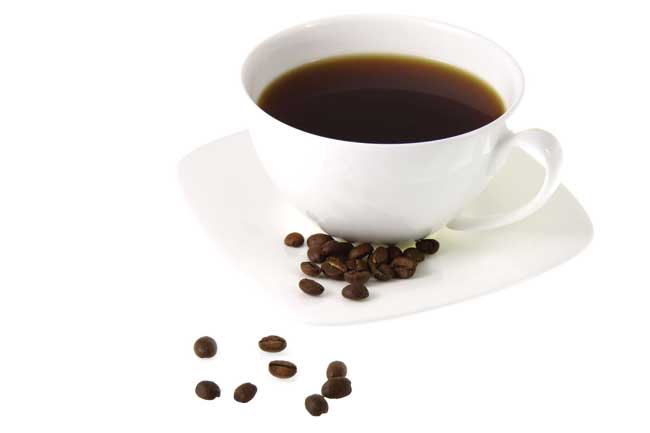
Counter Culture
It’s official. The so-called “third wave” of coffee culture has finally crested in Los Angeles. Maxwell House, Folgers and Sanka at home and the beloved bottomless brew from Original Pantry Café down at Figueroa eventually gave way to our homegrown Coffee Bean & Tea Leaf and the Starbucks phenomenon. This was a monumental improvement, to be sure, but franchised coffeehouses are themselves now yesterday’s flavor in a city that fully expects not just a decent latte but fair trade-certified, shade-grown, organic beans roasted in-house. Welcome to coffee’s third act.
-
CategoryUncategorized
-
Written byBonnie Graves
The issue of fair trade applies to many products, but in coffee we see its impact most dramatically. We’re a nation of coffee drinkers make no mistake and have been since our original, less ludicrous Tea Party days. Unlike other products that disingenuously promise a virtuous buy, paying more for coffee grown with a conscience makes a real and quantifiable difference in the lives of those who produce it. Fortunately, big retailers like Whole Foods and Trader Joe’s make it easy to pay a bit extra for those beans marked “fair trade certified”—it’s worth it. Similarly, slow-ripening beans grown in the shade—the natural environment for the coffee tree—not only result in more complex, flavorful brews but are also inherently better for the environment. Rush-to-market, bulk coffees grown on hybrid trees in full sun require substantial pesticides and frequently wreak massive deforestation, too. Lastly, “organic” is the most over-used term found in any grocery store these days, but when it comes to coffee, it’s critical.
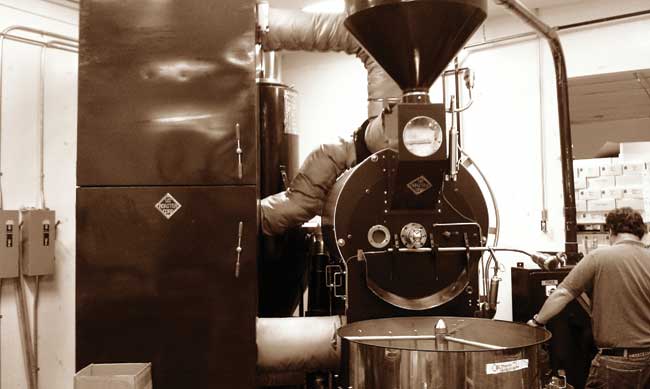 According to the folks at local LA favorite Urth Café, “Coffee is the heaviest chemically-treated food commodity in the world.” If that isn’t enough to make you rethink your java, what is? What we expect from a cup of coffee often dictates from where we purchase it and with what equipment it is prepared. Stale, industrial coffee from the gas station is cheap; it’s made for bleary-eyed drivers mostly looking for a caffeine jolt. Ditto for hospitals, schools and truck stop diners—it’s the buzz, not the flavor, that matters. At the other end of the spectrum is the coffee-meets-dessert business model that drives Starbucks’ revenues while it increases America’s waistline. In this case, the coffee beans themselves take a back seat to all manner of frothy whips, powders, creams and potions. It’s not that I don’t love the occasional vanilla latte from Starbucks myself, but I just don’t think much about the coffee that goes into it. We can thank franchised coffee houses, however, for exposing Americans to coffees beyond drip or percolated classics, as it wasn’t that long ago that “cappuccino” was still considered a foreign Italian thing—not a part of our American vernacular. With heightened expectations of flavor has come a new genre of equipment.
According to the folks at local LA favorite Urth Café, “Coffee is the heaviest chemically-treated food commodity in the world.” If that isn’t enough to make you rethink your java, what is? What we expect from a cup of coffee often dictates from where we purchase it and with what equipment it is prepared. Stale, industrial coffee from the gas station is cheap; it’s made for bleary-eyed drivers mostly looking for a caffeine jolt. Ditto for hospitals, schools and truck stop diners—it’s the buzz, not the flavor, that matters. At the other end of the spectrum is the coffee-meets-dessert business model that drives Starbucks’ revenues while it increases America’s waistline. In this case, the coffee beans themselves take a back seat to all manner of frothy whips, powders, creams and potions. It’s not that I don’t love the occasional vanilla latte from Starbucks myself, but I just don’t think much about the coffee that goes into it. We can thank franchised coffee houses, however, for exposing Americans to coffees beyond drip or percolated classics, as it wasn’t that long ago that “cappuccino” was still considered a foreign Italian thing—not a part of our American vernacular. With heightened expectations of flavor has come a new genre of equipment.
The humble French press and automated espresso machine now find themselves charmingly antiquated, as next-gen connoisseurs seek individual cups roasted and brewed to order. Some new systems look like something out of your high school science lab, a far cry from the Mr. Coffee drip machine that has served me well since college. Most of the newer coffee brewing systems seek to concentrate flavor rather than increase efficiency. It might take longer for that gizmo to produce your cup, but it’s definitely going to taste better. Behind the explosion of new brewing equipment is a taste revolution that in some ways is the opposite of what’s happened in the wine biz. Influential wine critics and pricey flying winemakers have created a culture where wines with a sense of place are increasingly supplanted by an international flavor profile based on achieving high scores. Alternately, coffee connoisseurs are headed the opposite direction. No longer content with simple “light” or “dark” roasts, enthusiasts are looking for specific aromas from specific beans from specific places. From Hawaii’s Kona to Indonesia’s Sumatran beans, consumers want not just freshly roasted coffee but coffee that speaks to origin. This year, buy your coffee for home consumption with an eye toward global responsibility. And take the time to find some local connoisseur coffee shops that offer more than just your caffeine fix; once you’ve improved your java palate, it’s hard to go back to the cheap stuff.
Recommended Retailers:
The Coffee Roaster
13567 Ventura Boulevard Sherman Oaks
818-905-9719
thecoffeeroaster.net
Supreme Bean Coffee Roasters
5457 Cleon Avenue North Hollywood
818-506-6020
thesupremebean.com





